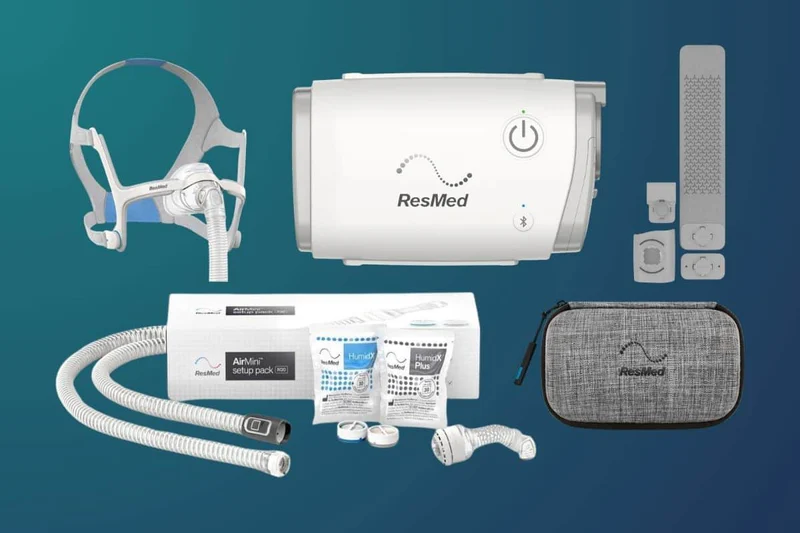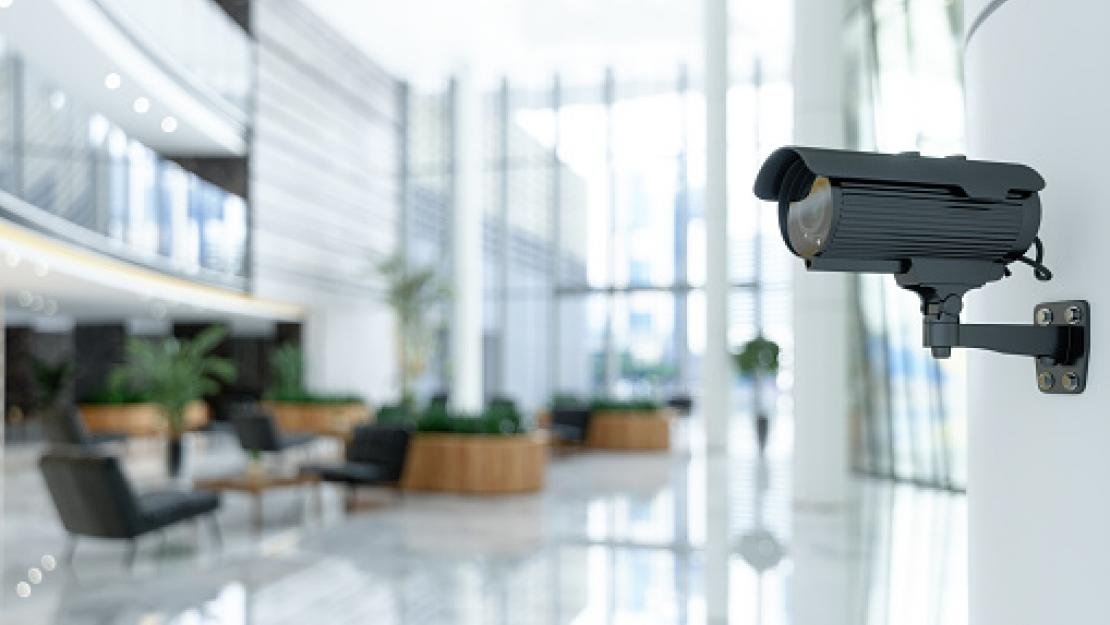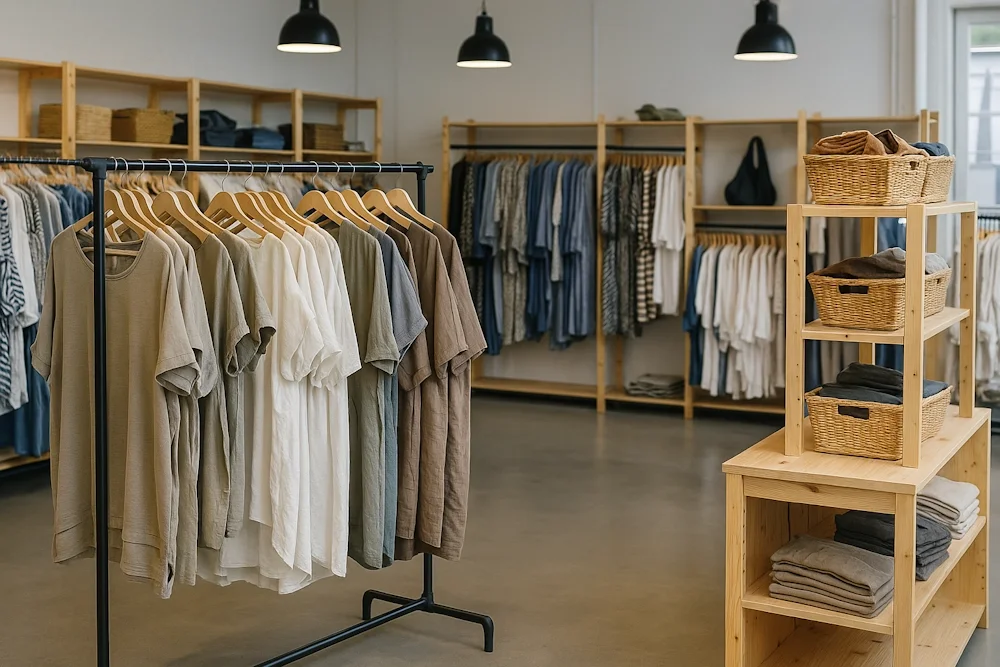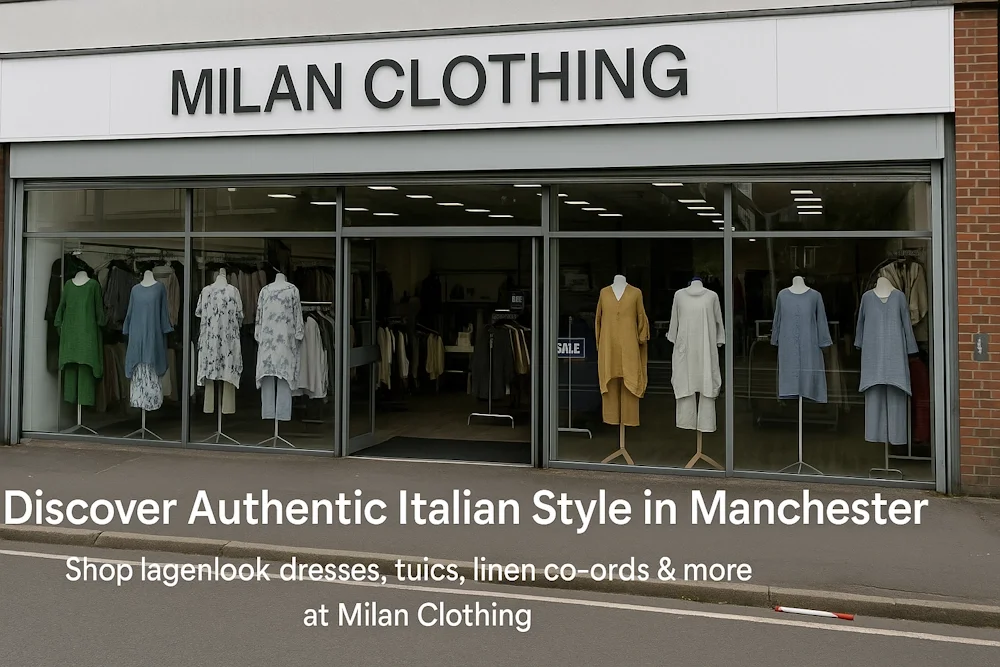In the precise world of color quality control, the fundamental act of measurement—pressing an instrument against a sample—can be the very source of error. It can contaminate, compress, scratch, or simply be impossible for a vast category of materials. From wet paints and soft gels to textured carpets and hot plastics, countless products have remained on the fringes of reliable color data. The YL4560 Non-Contact Benchtop Spectrophotometer is engineered to bring these challenging samples into the fold, offering laboratory-grade precision without the limitations of physical contact.
This review investigates whether the YL4560 successfully bridges the gap between innovative non-contact technology and the rigorous demands of industrial color management.
First Impressions: A Glimpse into a New Measurement Paradigm
The YL4560 presents a distinct departure from traditional benchtop designs. It typically consists of a stable base unit and an elevated, articulating sensor head. The absence of a closing measurement compartment or a pneumatic piston is the first clue to its advanced functionality. The design is clean, technical, and focused on one thing: positioning a sensor at a precise distance from the sample.
The build quality feels robust, engineered to minimize external vibration—a critical factor when the instrument does not stabilize itself through contact. The user interface, often a large touchscreen, is designed to guide the user through the unique setup and calibration processes required for non-contact operation.
Key Features: The Engineering of Distance-Based Accuracy
The YL4560’s entire value proposition is built on a foundation of features that enable reliable, repeatable measurement from a distance.
- True Non-Contact Technology: This is the core innovation. The YL4560 measures color from a fixed, calibrated working distance (e.g., 15-20mm) without any part of the instrument touching the sample surface. This eliminates:
- Cross-Contamination: Perfect for measuring wet paint, inks, adhesives, and oils without fouling the instrument’s optics.
- Sample Deformation: Essential for soft, compressible materials like foam, carpet, plush textiles, and gels, allowing measurement in their natural, uncompressed state.
- Surface Damage: Safely measures delicate surfaces, historical artifacts, and soft coatings without leaving a mark.
- Thermal Interference: Capable of measuring samples that are hot, cold, or sensitive to temperature transfer.
- Advanced D/8 Optical Geometry: Despite the lack of contact, the YL4560 adheres to the industry-standard Diffuse/8° geometry. It provides both Specular Component Included (SCI) and Excluded (SCE) measurements, ensuring the data is comprehensive and directly comparable to that from high-end contact benchtop instruments. This is vital for maintaining color standards across a supply chain that may use a mix of instrument types.
- High-Stability Lighting and Sensing: The instrument utilizes a pulsed xenon light source and a high-resolution array spectrometer. This system captures a full spectral reading in milliseconds, which is crucial for counteracting the potential effects of minor environmental vibrations. The result is a stable, low-noise signal that forms the basis for accurate color data.
- Integrated Laser Positioning & Camera System: To overcome the challenge of consistent placement, the YL4560 incorporates a laser targeting system that projects a dot onto the sample, indicating the exact measurement area. Higher-end models may also include a digital camera for visual confirmation and documentation of the measured spot, which is invaluable for patterned or non-uniform materials.
The Software Experience: Calibration is King
Operating a non-contact instrument requires a different workflow, which is clearly reflected in the software.
- Precision Distance Calibration: The software walks the user through a critical calibration process using a provided reference tile. The sensor must be positioned at the exact, pre-defined working distance to ensure accuracy. This step is the bedrock of reliable data and cannot be rushed or overlooked.
- Comprehensive Color Analysis: Once calibrated, the software offers a full suite of color management tools. Users can set color standards, perform pass/fail QC with a wide range of color difference equations (ΔEab, ΔEcmc, ΔE*00), and generate detailed reports.
- Stability Monitoring: The software often provides real-time feedback or post-measurement indicators to confirm that the reading was taken stably, alerting the user if the instrument was moved or vibrated during the capture.
Real-World Performance: Solving the “Unsolveable”
We evaluated the YL4560 in scenarios where traditional spectrophotometers are rendered useless.
- Automotive Textiles: Measuring the color of a plush, napped headliner material with a contact instrument flattens the fibers, changing their apparent color. The YL4560, measuring from above, captured the true “as-installed” color and texture, providing data that perfectly correlated with visual assessment under showroom lighting.
- Ink and Coating Formulation: In an R&D lab, chemists used the YL4560 to measure the color of liquid coatings and uncured resin samples directly in their beakers. This allowed for real-time adjustments during formulation without the need to draw down and cure a sample, dramatically accelerating development cycles.
- Food Product QC: The instrument was used to measure the surface color of moist, delicate baked goods and unevenly textured snacks. The non-contact method provided an objective, repeatable color value without damaging the product’s surface.
- Limitations to Consider: The non-contact method can be sensitive to highly curved or specular (mirror-like) surfaces. Maintaining a perfect perpendicular angle is critical; any deviation can cause the specular reflection to miss the sensor, leading to inaccurate SCE readings. It also requires a steady operating environment.
Ideal Applications and Users
The YL4560 is a specialized tool that is transformative for the right applications:
- Paints, Coatings, and Inks Manufacturing: For R&D and QC of liquid, pasty, or uncured materials.
- Textile and Carpet Production: For measuring piled, napped, and other textured fabrics without compression.
- Plastics and Polymers: For measuring hot, sticky, or delicate extruded and molded parts.
- Food Science and Agriculture: For objective color analysis of soft, moist, or fragile products.
- Cosmetics and Personal Care: For measuring creams, gels, and powders without contamination.
- Academic and Research Labs: For analyzing sensitive, reactive, or valuable historical samples.
Pros and Cons: A Balanced Verdict
Pros:
- Eliminates Cross-Contamination: The definitive solution for wet, sticky, or messy samples.
- Preserves Sample Integrity: Ideal for soft, textured, fragile, or valuable materials.
- Enables New Workflows: Allows for measurement of samples in-process, in-container, or in hostile environments.
- Lab-Grade Data: Provides SCI/SCE measurements comparable to high-end contact instruments.
Cons:
- Critical Setup and Calibration: Requires meticulous attention to distance and angle; not a “point and shoot” device.
- Not a General-Purpose Replacement: Often slower and more complex for flat, stable, dry samples than an automated contact benchtop.
- Sensitivity to Surface Geometry: Can struggle with highly curved or glossy surfaces where angle is paramount.
- Higher Operator Skill Level: Demands more training and care to achieve consistent results compared to traditional tools.
Final Verdict
The YL4560 Non-Contact Benchtop Spectrophotometer is not a substitute for your everyday benchtop workhorse. It is, instead, a highly specialized key that unlocks a world of color measurement previously deemed too difficult or impossible. It represents a significant leap forward for specific industries plagued by the limitations of contact-based measurement.
Its value is not in its versatility for common tasks, but in its unparalleled capability to handle the exceptional. For any R&D or QC lab that has ever compromised their process to accommodate their instrument, the YL4560 offers a liberating alternative. If your most significant color challenges involve samples that can’t—or shouldn’t—be touched, the YL4560 is not just another tool; it is a fundamental game-changer.












